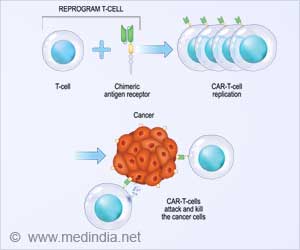Hypertension is almost ubiquitous in kidney transplant recipients. Hypertension negatively affects transplant and patient survival outcomes.

The two classical immunosuppressant medicines tacrolimus and cyclosporine used after organ transplant to reduce risk of donor organ rejection are implicated as major cause for hypertension in patients after transplantation.
Traditionally, BP measurements typically are performed in the office by a medical assistant, nurse, or physician. One of the studies revealed that the presence of the physician at the time of BP measurement caused BP to increase by 3-4 mm Hg. Hence, alternatives to office BP readings include self BP measurement (SBPM) at home, and ambulatory BP monitoring (ABPM) are now recommended. ABPM is regarded as a more sensitive method for diagnosing hypertension than sole reliance on office BP in kidney transplant recipients.
Though there are no sufficient clinical evidences, lifestyle modifications, such as weight loss, increasing regular exercise, and sodium restriction are advised to transplant patients. Antihypertensive therapy in these patients is beneficial as it helps in preserving the functions of kidney and decreasing the risk of heart diseases. A universal algorithm for the management of posttransplant hypertension is not available at present. A recent publication in the American Journal of Kidney Disease (AJKD) reviewed anti-hypertensive medications for patients after kidney transplantation.
Patients with established heart disease and diabetes should receive the class of BP lowering drugs called beta-blockers in the perioperative period. The drug called hydralazine is good for short term use in hospitalized patients. Calcium channel blockers may be recommended early after transplants.
Proper management of hypertension is a life saver. It helps to attain better transplant and patient survival outcomes. Therapy should be goal oriented and care should be highly customised, i.e. tailored to the need of the individual.
Source-Medindia















